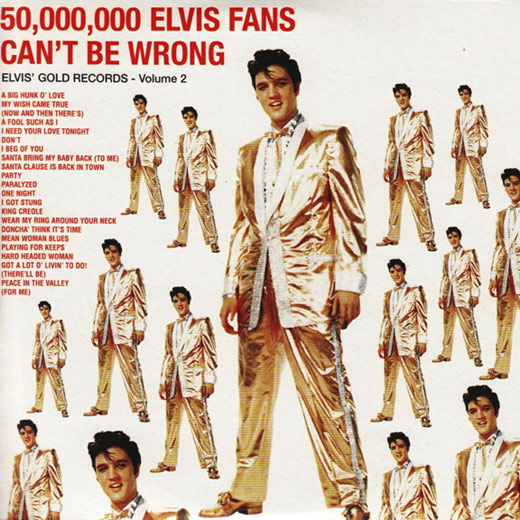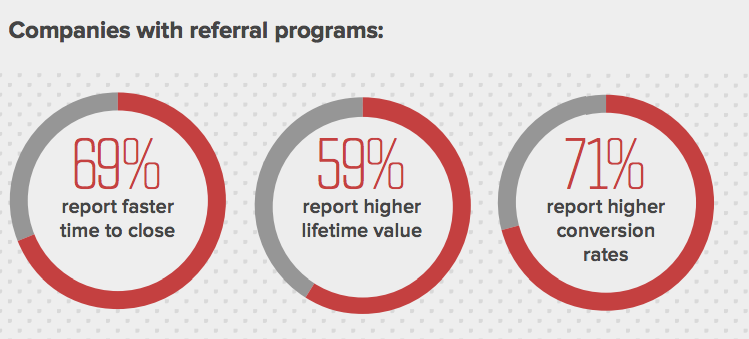“To be persuasive, we must be believable; to be believable, we must be credible; to be credible, we must be truthful.” – Edward R. Murrow.
A lot of things go into our decision making. When viewing this through a marketing lens, credibility is certainly one of those important factors. And one of the most powerful ways of achieving credibility in the online space is through social proof.
Did you know, for example, that consumer reviews are 12x more trusted than vendor descriptions? People don’t always trust a brand, but they always trust other consumers.

Social proof (the concept that people will conform to the actions of others under the assumption that those actions are reflective of the correct behavior) is incredibly powerful. If it isn’t a key piece of your marketing messaging right now, here are a few ideas for how it could be.
1. Expert Social Proof
Expert social proof is when your product or service gets recommended by a credible expert, such as well-known name in your space. Credibility of this nature might come through a blog mention, social media mention, ‘partner’ web pages, or a testimonial. PR is a great example of how expert social proof can help a brand. If a popular blogger or media outlet were to recommend your product, you’re likely to enjoy increased sales (and should certainly feature the endorsement on your website).
Celebrity endorsements can also have great effect online, though may come with a price tag. For example, an endorsement by Jessica Simpson and aesthetician Nerida Joy helped Beautymint attract 500,000 visitors on day one of its launch.
Being strapped for resources doesn’t mean these types of endorsements aren’t possible, though. It’s simply time to get creative. Who do you know with a large community of followers that may be able to help you, and how can you help them in return?
2. Community Social Proof
Online reviews, website testimonials, statistics, and success stories are all common examples of community social proof, and probably the easiest type of social proof to get. Here’s a great example from Elvis (hat tip to Kissmetrics for sourcing it):

RCA Victor released the hits collection “50,000,000 Elvis Fans Can’t Be Wrong” in 1959. The title they gave the album is classic social proof. How could you go wrong investing in Elvis when 50-million had already done so?
You’ll see this form of social proof everywhere nowadays – from the number of Facebook fans a brand has, to the size of their mailing list, to the amount raised (and backers of) a crowdfunding campaign.
3. Direct Referrals
Direct referrals may well be the most powerful marketing tool of all.
One study of 10,000 accounts at a German bank revealed that customers who came from customer referrals had 16% higher lifetime value than those who came from other acquisition sources. Additionally, the customers churned 18% less.It doesn’t have to come in the form of a product purchase referral, though. You’ll see a lot of sweepstakes campaigns where entrants can increase their chance of winning by referring others. Social media shares, although subtle, are also a referral.
It’s also worth noting that while 30% of satisfied customers are generally willing to refer products and services, only 5% customers on an average actually do. Incentives are critical and implementing a formal process for acquiring referrals can provide huge benefit.

Start implementing social proof tactics right now
Stuck for ideas on how this relates to you? Here are a few ways you can implement social proof immediately to give your brand a boost:
– Add customer testimonials to your website, social media bios, and emails (in the signature or header)
– Emphasize your follower and subscriber numbers on your blog with widgets and banners
– Reach out to customers or contacts to ask for testimonials and permission to build case studies/success stories (even better – set up automated emails to regularly make this request for you)
– Find experts and authorities in your space and find ways that you can work together to promote you (and take a look at your contacts to identify anyone you already know that may be able to help)
– Review your customer life-cycle and identify opportunities to request social proof (for example, incentivizing sharing after purchase, or requesting testimonials in your customer service interactions)
Learn how to do GREAT marketing...without being a "marketer" in our FREE 7-step strategy course delivered straight to your inbox.
We promise we don't spam, we don't email often, and we'll NEVER share your info with anyone else.



